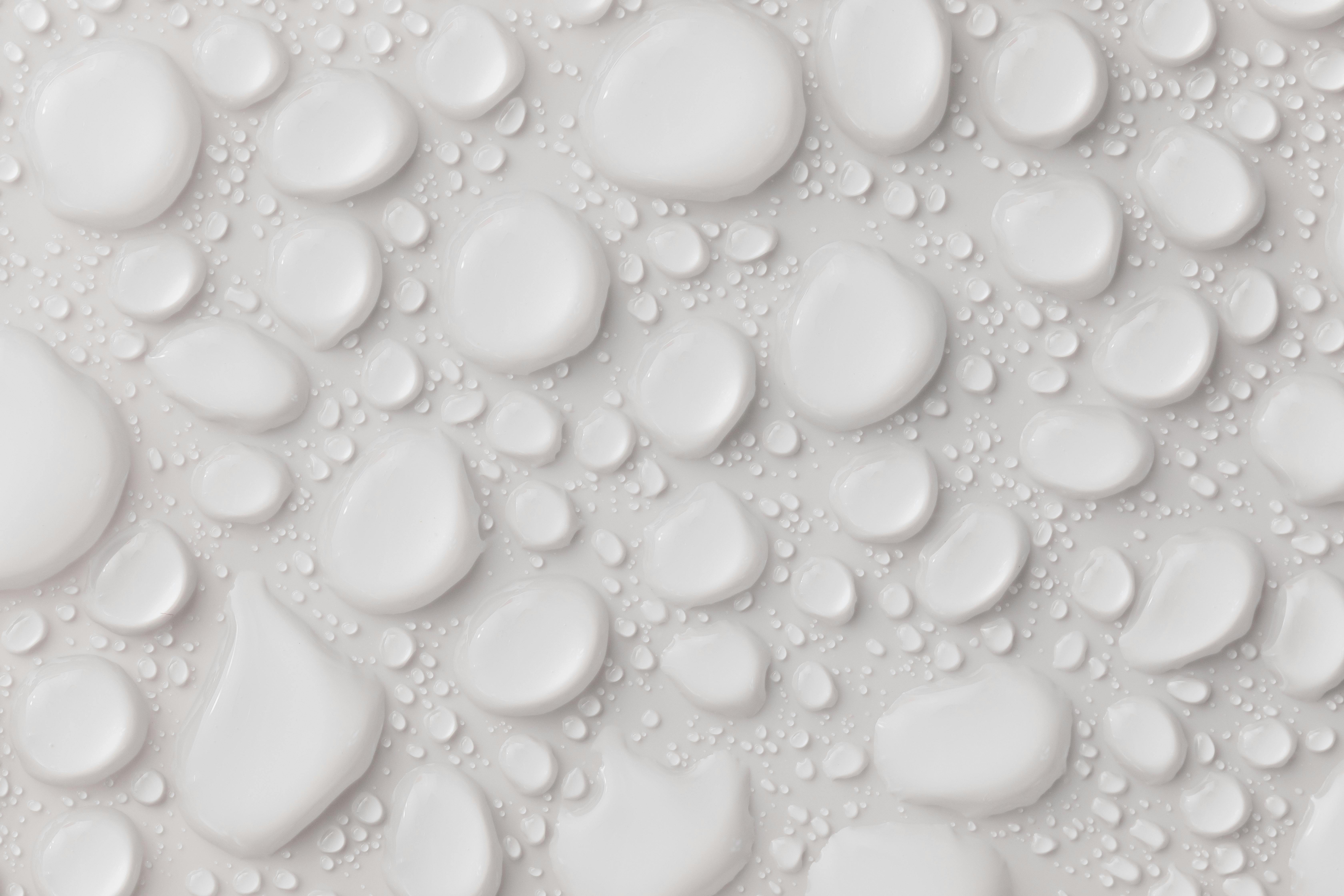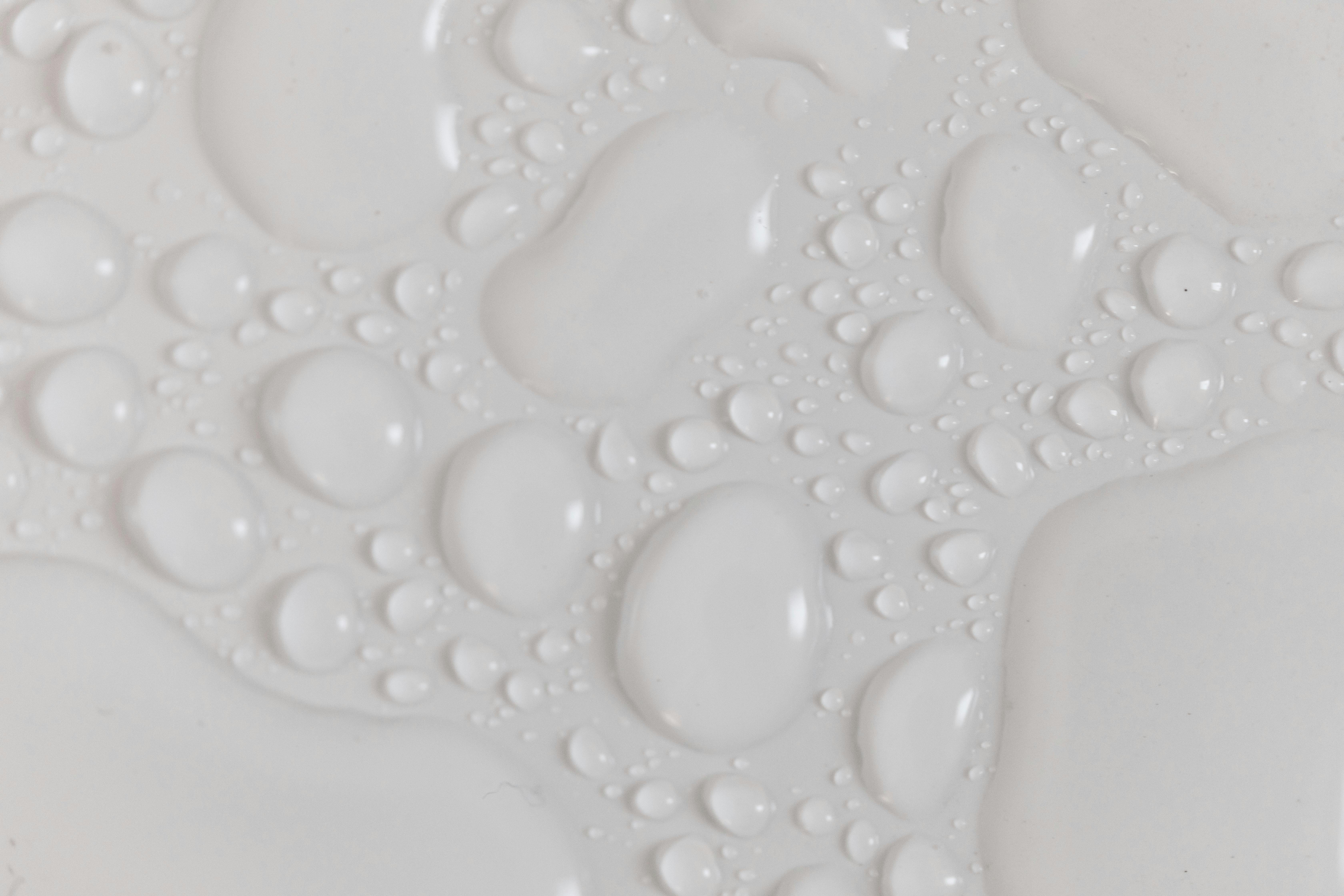When it comes to drinking water, many people are left wondering if there is a difference between distilled and purified water. In order to understand the difference between the two, it is important to know what each type of water is and how it is made. Distilled water and purified water are both types of drinking water that can be used for various purposes, but the processes used to create them are quite different. This article will discuss the differences between distilled and purified water and explain why one might be better than the other.The primary difference between distilled and purified water is that distilled water has gone through a process to remove all contaminants, whereas purified water has gone through a process to remove most contaminants. Distilled water is created by boiling the water to create steam, which is then collected and cooled back into liquid form. This process leaves behind any impurities or minerals that were present in the original liquid. Purified water, on the other hand, goes through a variety of processes such as reverse osmosis, deionization, carbon filtration or ultra-violet radiation to remove many of the impurities and minerals from the original source.
How Is Distilled Water Made?
Distilled water is made using a process called distillation. This involves boiling the water to create steam, which is then cooled and condensed back into liquid form. The result is pure, distilled water, with any impurities and contaminants removed. The process of distillation can be done on a large scale in a commercial facility or on a smaller scale at home using a distiller or still.
In commercial plants, the process begins with raw untreated water being fed into a boiler where it is heated until it vaporizes into steam. The steam is then transferred to another container, where it is cooled and condensed back into liquid form. The condensed liquid is then collected as distilled water, with any remaining impurities left behind in the boiling chamber.
At home, the process of distillation can be achieved with either an electric distiller or a stovetop still. Electric distillers are typically more efficient than stills as they use heating elements to provide controlled temperatures for the boiling process. Stovetop stills require manual adjustments to maintain the right temperature for boiling, but they are much cheaper than electric models and are easy
How Is Purified Water Made?
Purified water is created through a process called reverse osmosis. In this process, water is passed through a semi-permeable membrane to remove all impurities. Water is forced against the membrane using a high-pressure pump. The membrane filters out all contaminants in the water, such as bacteria, viruses, heavy metals, and other pollutants. The purified water then passes through a carbon filter to remove any unpleasant tastes or odors. After this process is completed, the purified water is ready for consumption.
Reverse osmosis is used by many industries and households around the world as an efficient way to purify water. It can be used on both municipal and private wells as well as other sources of drinking water. The process can also be used on wastewater from factories and other sources of contamination to create clean drinking water.
Reverse osmosis has some advantages over traditional methods of purification such as boiling or adding chemicals like chlorine or ozone. Boiling can take longer and does not always remove all contaminants. Adding chemicals can leave behind an unpleasant taste and odor in the
The Difference in Taste Between Distilled and Purified Water
When it comes to drinking water, there are many different types available on the market. Two of the more popular types are distilled and purified water. While both types of water are considered to be safe for consumption, there are some differences in taste between them.
Distilled water is created through a process called distillation, which involves boiling the water and collecting the steam that is produced. This process removes all minerals and impurities from the water, leaving only pure H2O. Distilled water has a very clean taste, but it can also have a slightly bitter aftertaste due to its lack of minerals.
Purified water is created through a filtration process that removes impurities from the water. Unlike distilled water, purified water still contains some minerals that can affect its taste. Purified water has a slightly sweet taste due to its mineral content, but it can also have a slight chemical aftertaste depending on the type of filtration system used.
Overall, distilled and purified waters offer different tastes depending on preferences and needs. For those who prefer a clean and crisp taste with
Difference in Cost Between Distilled and Purified Water
The cost of purified and distilled water can vary significantly depending on where you purchase it from. Distilled water is typically more expensive than purified water because it is produced through a more complex process, which involves boiling the water and then condensing the steam back into a liquid form. This process removes any contaminants, minerals, or sediments present in the original water source. Purified water, on the other hand, is generally less expensive and is made through a filtration process that removes impurities but does not necessarily remove minerals or salts.
The cost of purchasing purified or distilled water can also depend on the size of container you buy it in. For example, purchasing one-gallon containers of purified or distilled water may be more expensive than purchasing large five-gallon containers. Additionally, if you are purchasing bottled purified or distilled water from a store, prices may vary depending on the brand and type of packaging used.
Overall, distilled water tends to be more costly than purified water due to its complex production process. However, if you are looking for pure

Benefits of Drinking Distilled Water
Drinking distilled water has numerous health benefits. Distillation is a process that removes impurities from water and leaves behind only pure water. It is beneficial to drink distilled water because it is free of contaminants, minerals, and chemicals. Additionally, drinking distilled water can help to detoxify the body, flush out toxins, and improve overall health.
One of the main benefits of drinking distilled water is that it does not contain any contaminants or minerals found in untreated tap or spring water. This makes it a great choice for those who are concerned about their safety when drinking tap or spring water. Additionally, since all the impurities are removed from the water during the distillation process, it has a much longer shelf life than untreated tap or spring water and can be stored for up to six months without losing its purity.
Another benefit of drinking distilled water is that it helps to detoxify the body by flushing out toxins and other harmful substances that have accumulated in your system over time. This type of detoxification can help to improve overall health by boosting your immunity and increasing
Benefits of Drinking Purified Water
Drinking purified water is not only important for our health, but has a number of benefits as well. It helps to reduce the risk of many diseases, including cancer and heart disease, by removing impurities from the water. Purified water also helps to improve the taste and odor of drinking water, making it more enjoyable to drink. Furthermore, it can help to reduce the amount of chemicals and pollutants that are present in tap water. This makes it safer for us to consume.
In addition to being beneficial for our health, drinking purified water can also help us save money. It reduces the need for bottled water, which can be quite expensive. By drinking purified water instead of bottled water, you can reduce your expenses and save money in the long run.
Finally, drinking purified water can help to improve our overall health and well-being. By removing impurities from our drinking water supply, we are able to maintain a healthier lifestyle. This can include reducing the risk of certain illnesses such as cancer and heart disease, as well as improving our energy levels and mental clarity.
Safety of Drinking Distilled and Purified Water
Water is essential for life and good health. The safety of drinking distilled and purified water is an important consideration for many people. Distilled water is produced by boiling water and collecting the steam that is generated, while purified water is created by passing water through a series of filters to remove particles, chemicals, and other contaminants. Both types of water are considered safe to drink as long as they are produced in accordance with local health regulations.
When it comes to the safety of drinking distilled or purified water, there are several factors to consider. The most important factor is the quality of the source water that was used to make the product. If the source water contained any contaminants, these could remain in the finished product unless removed by additional filtration or purification processes. In addition, it is important to ensure that any equipment used in the distillation or purification process meets all applicable safety standards.
Another factor that affects the safety of drinking distilled or purified water is how it was stored prior to consumption. If not stored properly, bacteria and other microorganisms can contaminate the product, making it unsafe for consumption. Additionally

Conclusion
Distilled and purified water are both suitable for drinking and cooking but they differ in terms of their production process. Distilled water is created by boiling the water and then collecting the steam that results, while purified water is created by passing the water through a rigorous filtration process. It is important to understand the differences between these two types of water so that you can make an informed decision about which type is best for you.
In general, distilled water is more economical and easier to produce than purified water, making it a great choice for those who are looking for an affordable option. Purified water, on the other hand, provides a higher level of purity that can be beneficial in certain situations. Ultimately, the choice between distilled or purified water depends on your individual needs and preferences.

